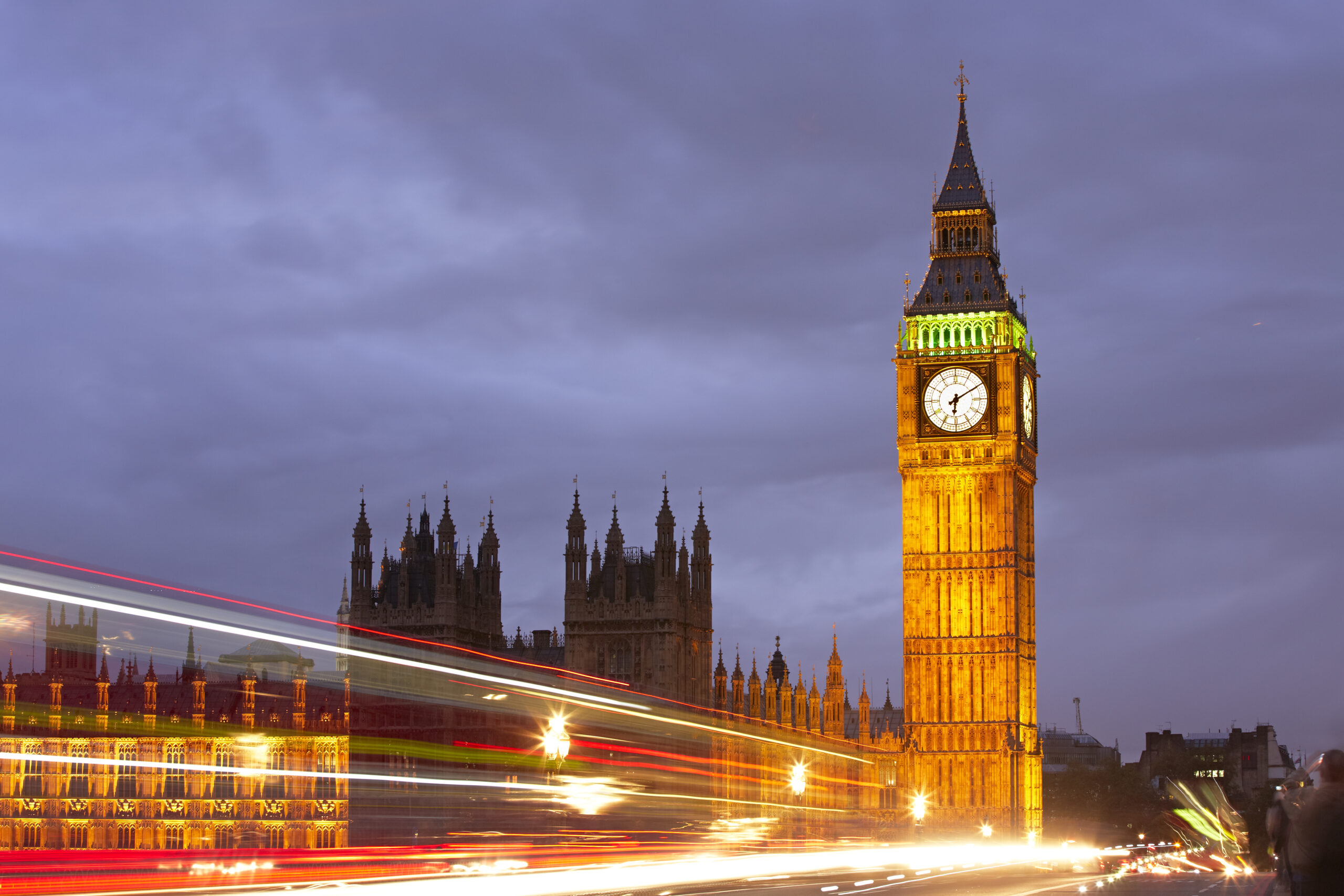With the national living wage rising by 6.6%, you should be aware of other aspects of employment tax. These changes may affect your business, so we urge you to inform yourself of the new April 2022 employment changes.
The following sections highlight the Employment Tax allocation in the Spring Budget on personal tax:
Employer-Provided Cars:
Most cars are taxed by reference to the bands of C02 emissions the car gives out. This is then multiplied by the original list price of the vehicle. The price is reduced for capital contributions made by the employee, which is up to £5,000. Diesel cars generally add a 4% supplement unless the vehicle has been registered on or after the 1st of September 2017. The diesel car must also meet the Euro 6d emission standard.
The maximum fee, irrespective of the fuel, is capped at 37% of the car price. These rates announced for 2022/23 will remain frozen until the tax year of 2024/25
Employer-Provided Fuel Benefit:
Starting from the 6th of April 2022, the basis for calculating how much free fuel employees receive has risen to £23,300
Employer-Provided Vans and Fuel:
For the 2022/23 tax year, the benefit per van has increased to £3,600. Van fuel benefit, where fuel is provided for private use, has also increased to £688.
The changes to the Van benefit from April 2021 mean that if the van cannot emit any CO2 by being driven, the cash is equivalent to £0.
National Insurance contributions (NICs):
Back in September 2021, the UK government proposed new investments in health and social care for England. This proposal will eventually lead to a permanent increase in spending in England and other devolved governments. The government has introduced a UK-wide 1.25% Health and Social Care levy to fund this investment based on the NIC system.
From April 2022, the Health and Social Care Levy Act will provide a temporary 1.25% increase to the primary and additional rates of Class 1, Class 1A, Class 1B and Class 4 NICs for 2022/23. Then, from April 2023, the NIC rates will return to 2021/22 levels and be replaced by a new 1.25% Health and Social Care Levy.
The new Health and Social Care Levy will be based on the same reliefs, thresholds, and requirements as NIC. The levy will apply to those above State Pension age who are still in employment. Existing reserves for NICs to support employers apply. Companies that employ apprentices under the age of 25 will not pay for the levy if their yearly gross earnings are less than £50,270 or £25,000 for Freeport employees.
The Employment Allowance will also be available for the employers’ liability to the levy – this reduces the employers’ Class 1 NICs by up to £5,000.
National Living Wage (NLW) and National Minimum Wage (NMW):
The government will increase the national living wage for individuals ages 23 and older by 6.6% from April 1st 2022.
These rates go as follows:
- £9.50 for those 23 years old and over
- £9.18 for 21-22-year-olds
- £6.83 for 18-20-year-olds
- £4.81 for 16-17-year-olds
- £4.81 apprentice rate for apprentices under 19, and those 19 and over in their first year of apprenticeship.
Don’t hesitate to contact us for more information on the Spring Budget 2022 and employment tax.


